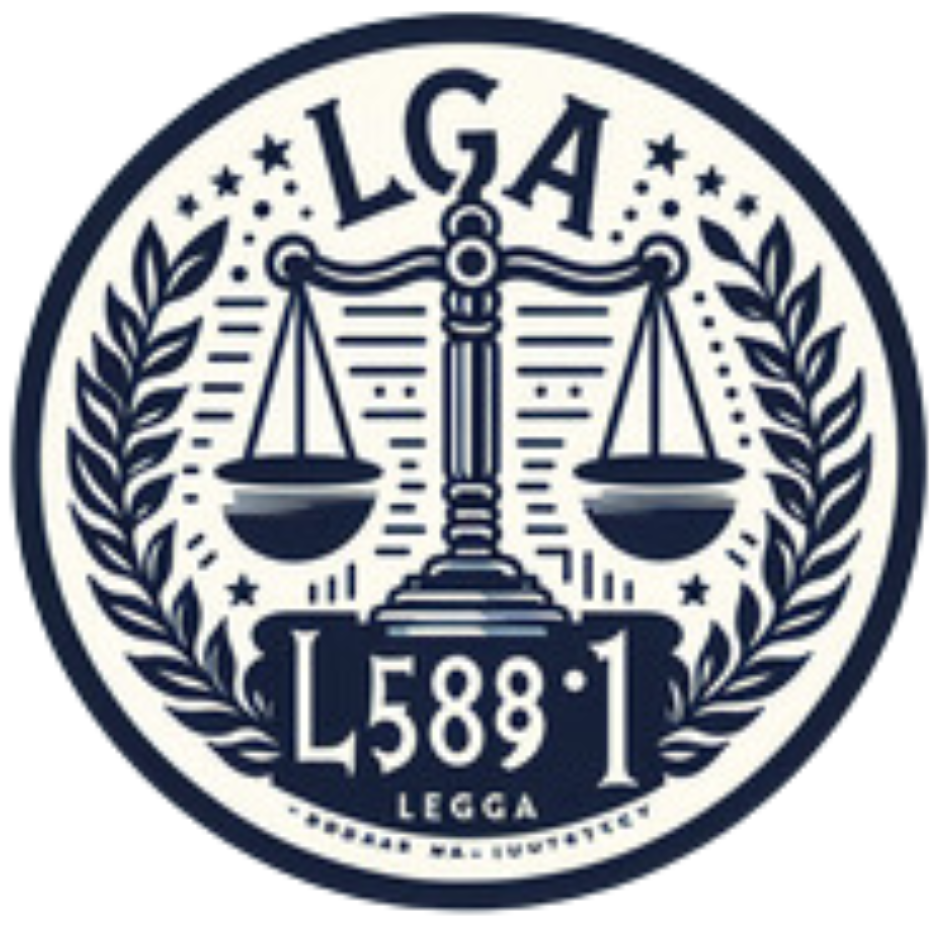
In the dynamic realm of business transactions, recent advancements in contract law are playing a crucial role in shaping how companies engage with one another. As we navigate through 2024, new legislation is emerging, reflecting shifts in technology, globalization, and corporate governance. This article delves into the latest developments in contract law and their implications for business transactions.
1. Increased Emphasis on Digital Contracts
The rise of digital technologies has led to a significant shift towards electronic contracts. In 2024, many jurisdictions have enacted legislation to formalize and regulate digital contracts. This shift is driven by the need for efficiency and the growing prevalence of remote business operations.
Key Points:
- Legal Recognition: New laws now explicitly recognize digital signatures and electronic contracts as legally binding, aligning with international standards such as the eIDAS Regulation in Europe.
- Security Measures: Enhanced security protocols are mandated to protect against fraud and ensure the integrity of digital transactions.
- Global Compatibility: Harmonization of digital contract laws across borders facilitates smoother international transactions and reduces legal uncertainties.
2. Stricter Regulations on Data Protection and Privacy
With the increasing focus on data privacy, recent legislation has imposed stricter requirements on how businesses handle personal data within contracts. This is particularly relevant with the introduction of updated regulations like the General Data Protection Regulation (GDPR) in Europe and similar laws worldwide.
Key Points:
- Data Protection Clauses: Contracts must now include specific clauses detailing data protection measures and compliance with relevant privacy laws.
- Transparency and Consent: Businesses are required to obtain clear consent from individuals regarding the use and storage of their data.
- Liability for Breaches: Enhanced liability provisions hold parties accountable for data breaches and non-compliance with data protection laws.
3. Revised Standards for Contractual Obligations and Dispute Resolution
Recent legislation has also introduced revised standards for defining contractual obligations and resolving disputes. This reflects a growing need for clarity and efficiency in resolving conflicts that arise from business transactions.
Key Points:
- Clearer Definitions: New laws mandate more precise definitions of contractual obligations to minimize ambiguities and disputes.
- Alternative Dispute Resolution (ADR): Emphasis is placed on ADR mechanisms such as arbitration and mediation to expedite dispute resolution and reduce court burdens.
- Enforcement and Remedies: Updated standards enhance the enforceability of contracts and provide clearer remedies for breaches, supporting fairer outcomes for all parties involved.
4. Impact of Emerging Technologies on Contract Law
The integration of emerging technologies, such as blockchain and artificial intelligence (AI), is significantly influencing contract law. These technologies are reshaping how contracts are executed and enforced.
Key Points:
- Blockchain Contracts: Blockchain technology enables the creation of smart contracts, which are self-executing contracts with the terms directly written into code. Recent legislation supports the use of smart contracts and addresses related legal issues.
- AI in Contract Management: AI tools are increasingly used for contract analysis and management, improving efficiency and accuracy. Legal frameworks are adapting to address the implications of AI in contract administration.
5. Greater Focus on Sustainability and Corporate Responsibility
In response to growing environmental and social concerns, new legislation is incorporating sustainability and corporate responsibility into contract terms. Businesses are expected to align their practices with these evolving standards.
Key Points:
- Sustainability Clauses: Contracts are now incorporating clauses related to environmental impact and sustainability goals, reflecting a commitment to corporate social responsibility.
- Due Diligence Requirements: Businesses are required to conduct due diligence on suppliers and partners to ensure adherence to sustainability standards and ethical practices.
Conclusion
The landscape of contract law is evolving rapidly in 2024, driven by technological advancements, heightened data protection requirements, and a greater emphasis on sustainability. Businesses must stay informed about these changes to navigate the complexities of modern transactions effectively. Adapting to new legislation not only ensures compliance but also positions companies advantageously in an increasingly regulated and competitive environment.
As the legal framework continues to evolve, staying abreast of these developments will be crucial for businesses aiming to optimize their operations and safeguard their interests in the ever-changing world of contract law.




